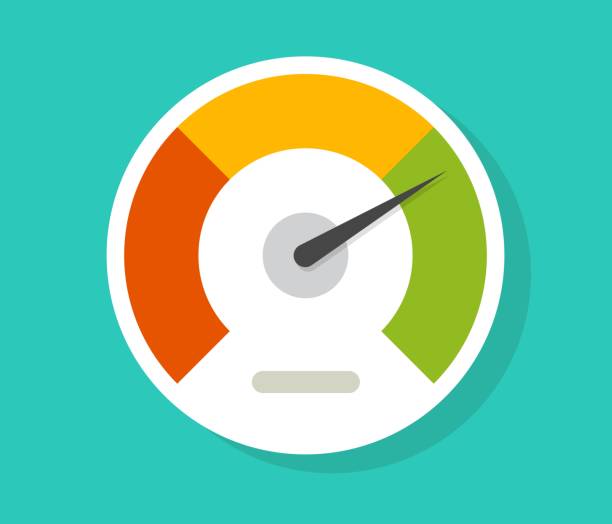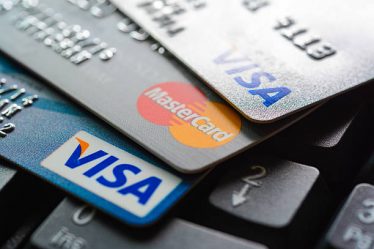
A good credit score is a key factor in determining whether you are eligible for a loan and the cost of that loan. It might be worthwhile to work on your credit before you apply for credit again.
While hard work is the best way to improve credit scores, there are also quick ways to improve your credit score before you apply for a loan.
FICO(r), created by Fair Isaac Corporation, is one of the most popular types of credit scores.
It is important to know how your FICO(r) credit score is calculated before you begin. You can take a deeper dive into this subject by taking our Understanding Your Credit Report course. It is available free of charge from our FIT Academy. It is important to understand what factors contribute to the score.
* Payment history -35% to your score* Total debt and amount owed -30% to your score
* Credit history length – 15% of your score
* Credit – 10% of your score
* Credit mix -10% to your score
These are listed in the order they contribute to the total score. The most important factor is your payment history. The new credit and credit combination will have the least impact.
This does not mean the credit mix should be ignored. However, the overall impact on your score will be minimal, so don’t expect credit mix changes to have much effect.
Your payment history has the biggest impact. Let’s take a look at what you have. These are the types of accounts that make up your payment history.
* Credit cards
* Retail Accounts (store Credit, store credit cards)
* Installment loans for furniture, appliances or automobiles
* Accounts with financial companies
* Mortgages
Other than the accounts you pay, other information such as bankruptcy filings, lawsuit judgements, and wage garnishments is considered.
We also consider missed or late payments. Late payments towards debt collections and public records items are also considered. Late payments will negatively impact your score. This depends on how late you made the payment, how much it was overdue, how recent the missed payment occurred and how much of your overall account activity includes missed or late payments.
Your total debt and owing amounts are the second largest factor in credit scores. Your utilization rate is a major factor in your credit score. This is the percentage of credit you have available that you use on your revolving cards. Your utilization ratio is 50% if your credit limit totals $10,000 and you owe $5,000
Let’s now look at how we can improve our score.
You can improve your score quickly.
Get rid of collections and overdue items. This doesn’t necessarily mean that you have to pay them off. You can dispute a collection account that you have on your credit. Do not agree to pay the bad debt because it is good for your credit score. Paying your debts on time may allow you to reset the statute of limitations.
It is important to understand which FICO(r) score model your lender uses when you have collection accounts. It’s important to understand the differences between FICO(r), Score 8, and 9 credit scoring models, even if they are both in use. Although FICO(r Score 9) is not a radical departure from FICO(r Score 8), it does account for some factors differently.
FICO(r), Score 9 does not count a collection account that you haven’t paid off in full. Paying off collection accounts doesn’t automatically improve your FICO(r), Score 8. This can cause problems, as collections can remain on your credit report for a long period.
You can pay the item off if it is true. However, you need to take steps to get the delinquency from your credit report. Ask collection agencies to sign a written agreement to remove the account from your credit reports for full payment. They may say no! Avoid dealing with collectors whenever possible. Instead, go to the original creditor and ask if you can repay the debt.
Waiting until 7 years have passed to get rid of a negative collection item from your credit report agency may work. Junk Debt Buyers may purchase old collections accounts for pennies per dollar and then try to collect again from you. Talk to a certified credit coach to get a credit score review.
Pay them as soon as possible if you have more overdue items. Your score will be affected if they are left unpaid.
FICO(r) score 9 makes medical collections less important. This model minimizes the impact of unpaid collections accounts. There wasn’t much distinction made between medical collections accounts and other types of collections accounts until recently.

